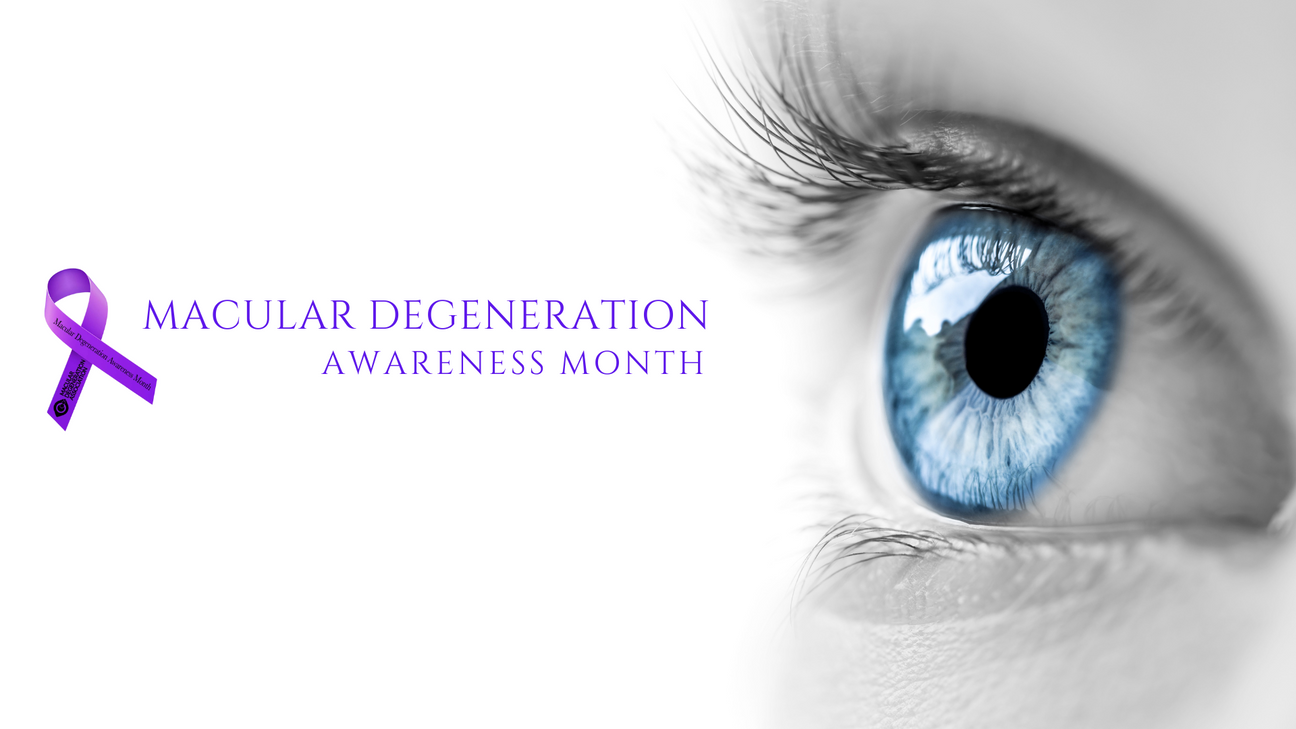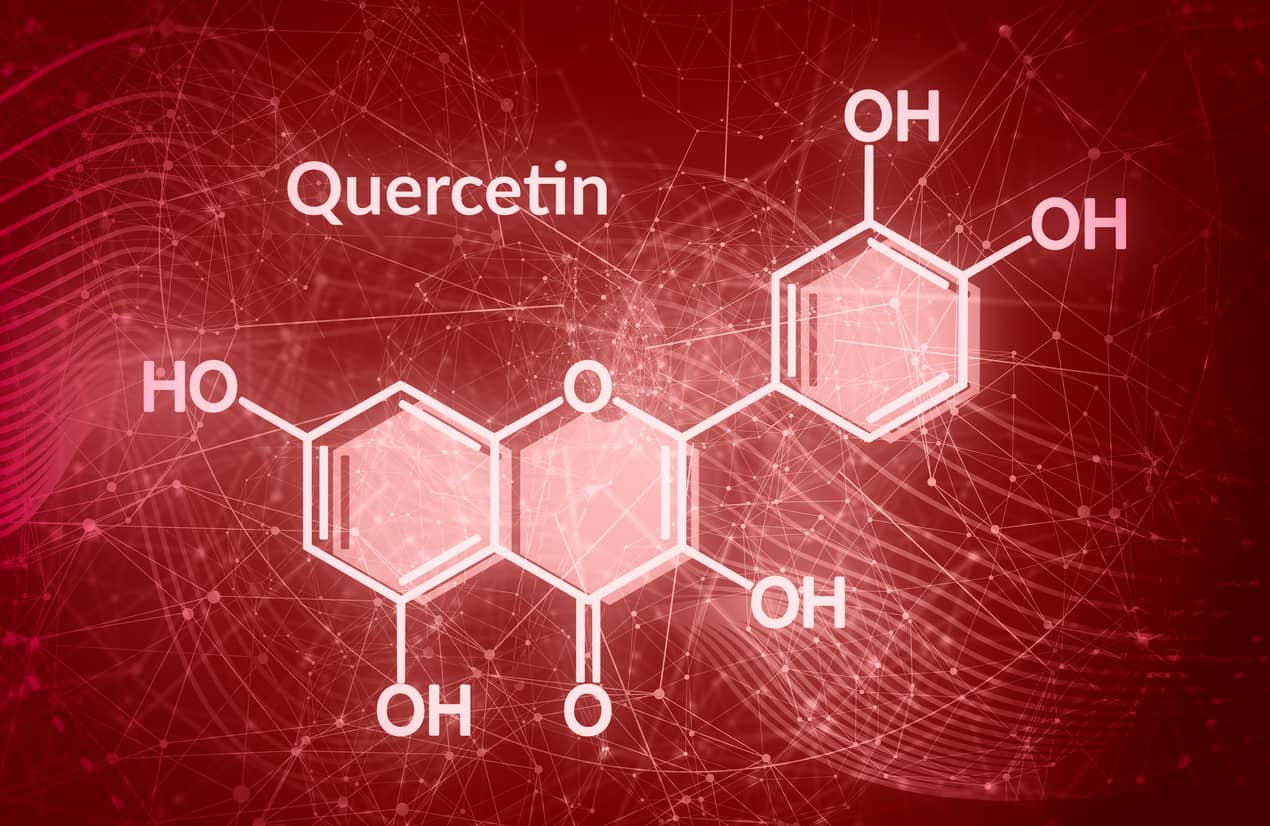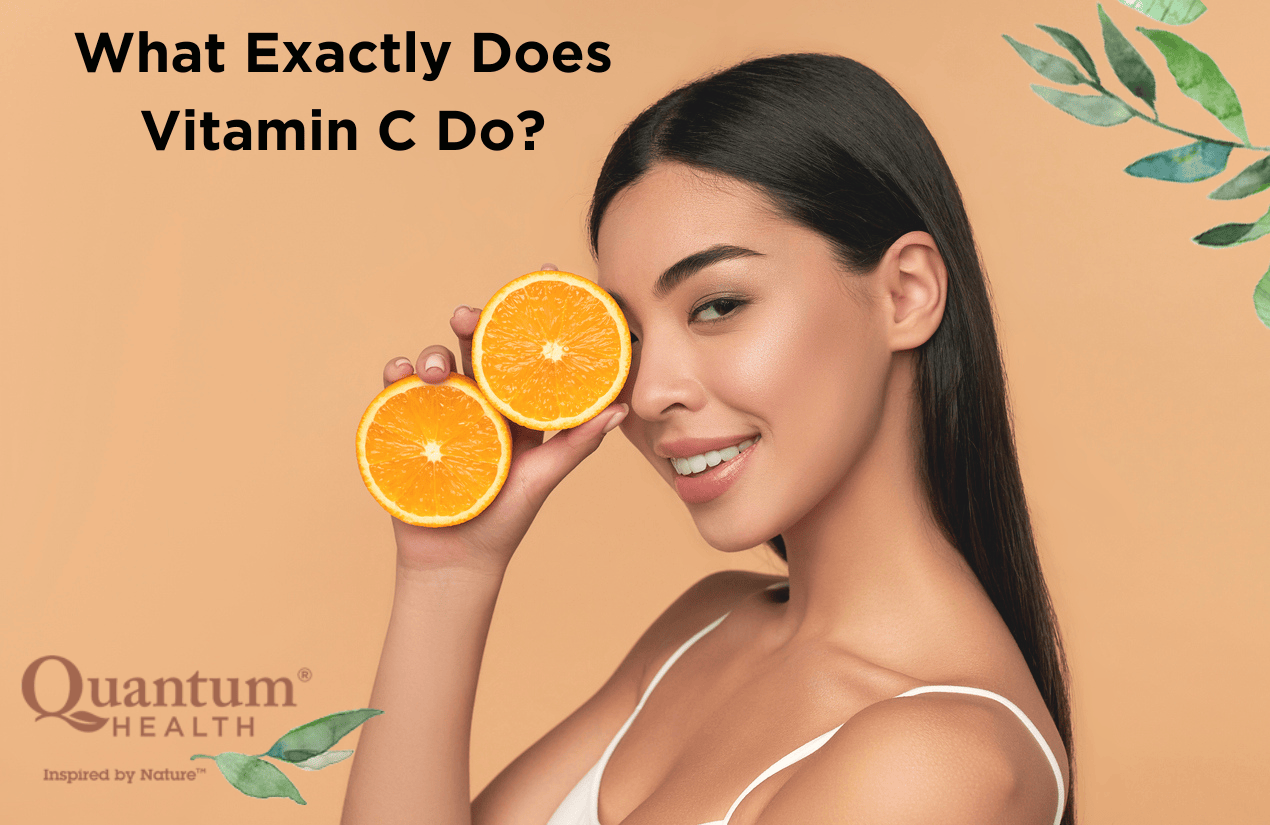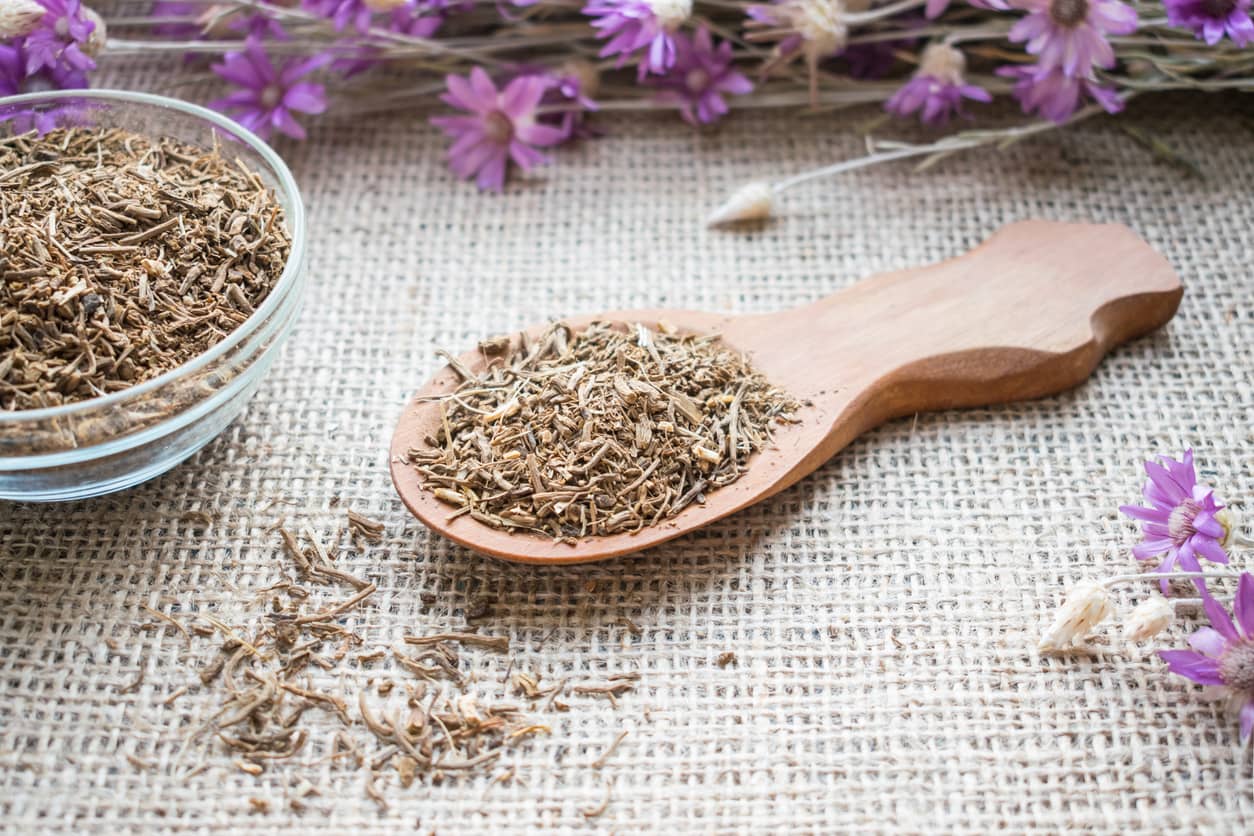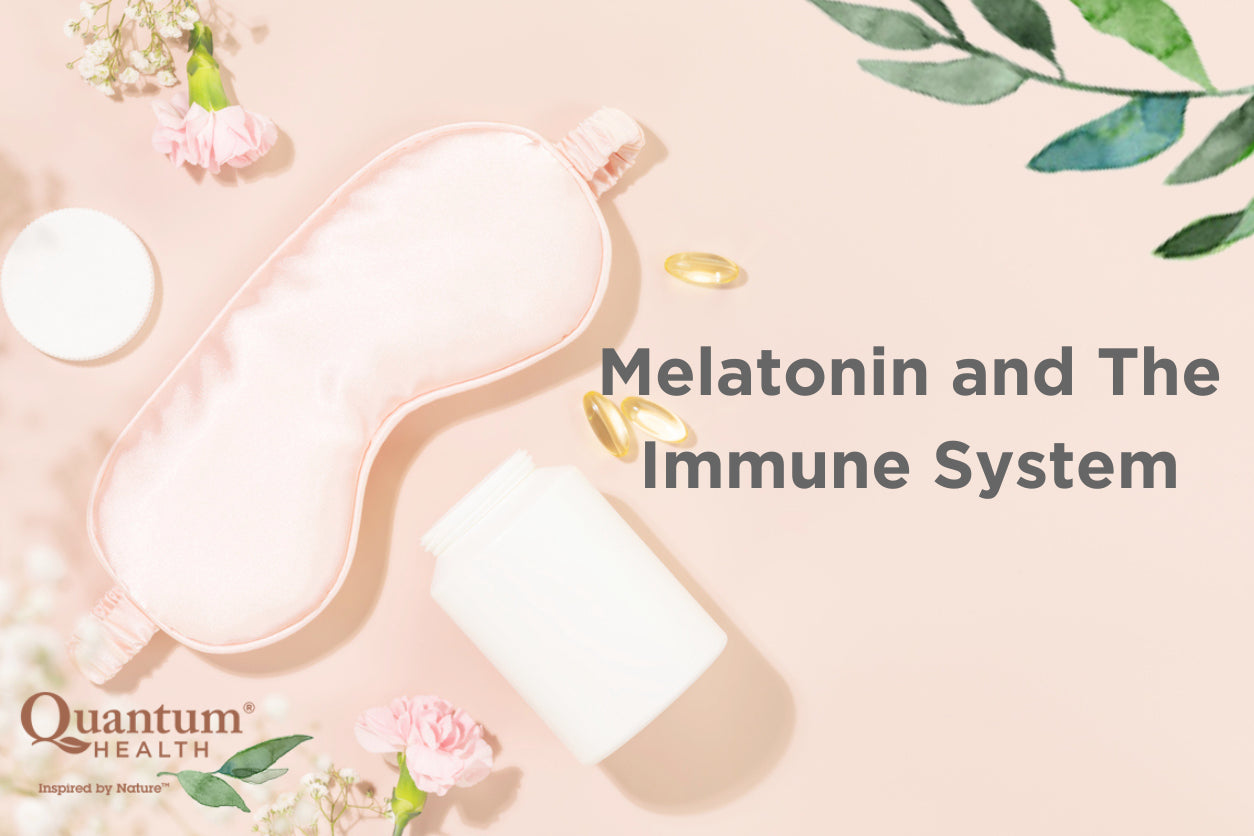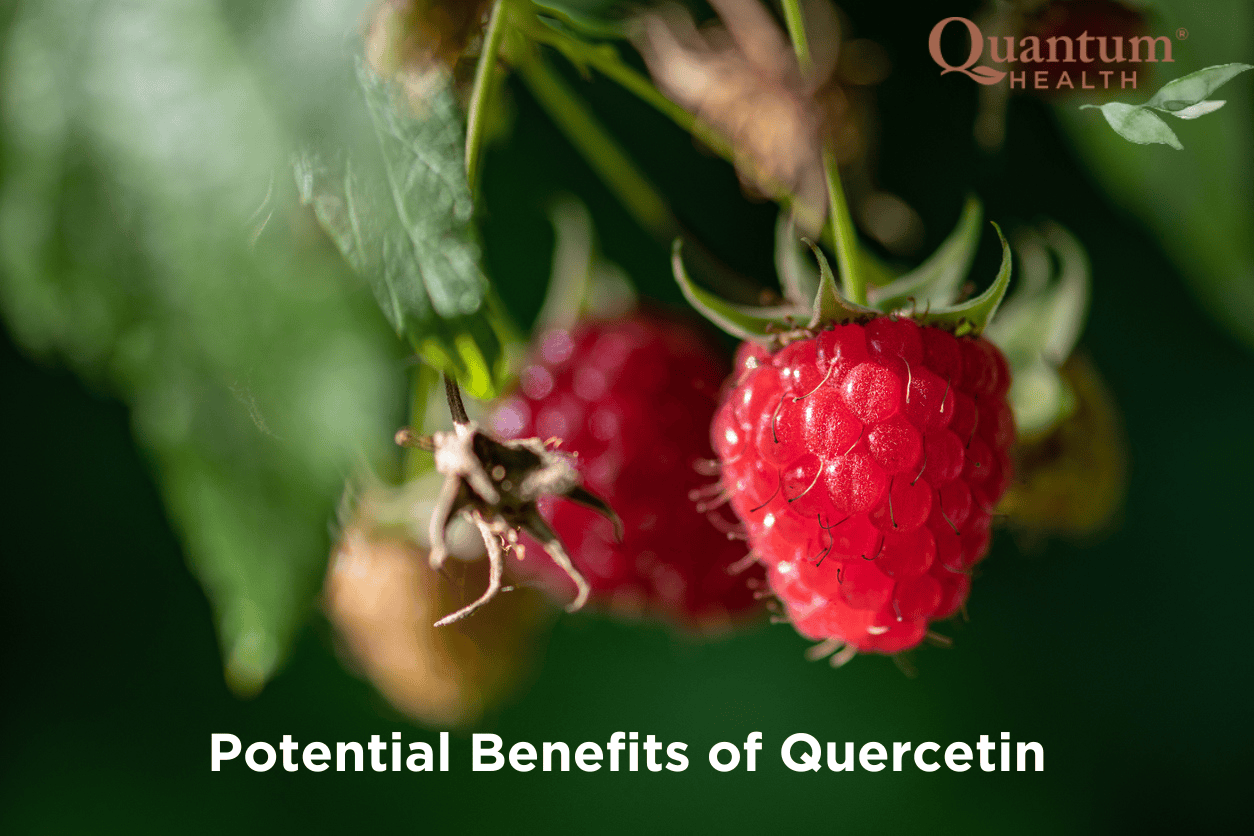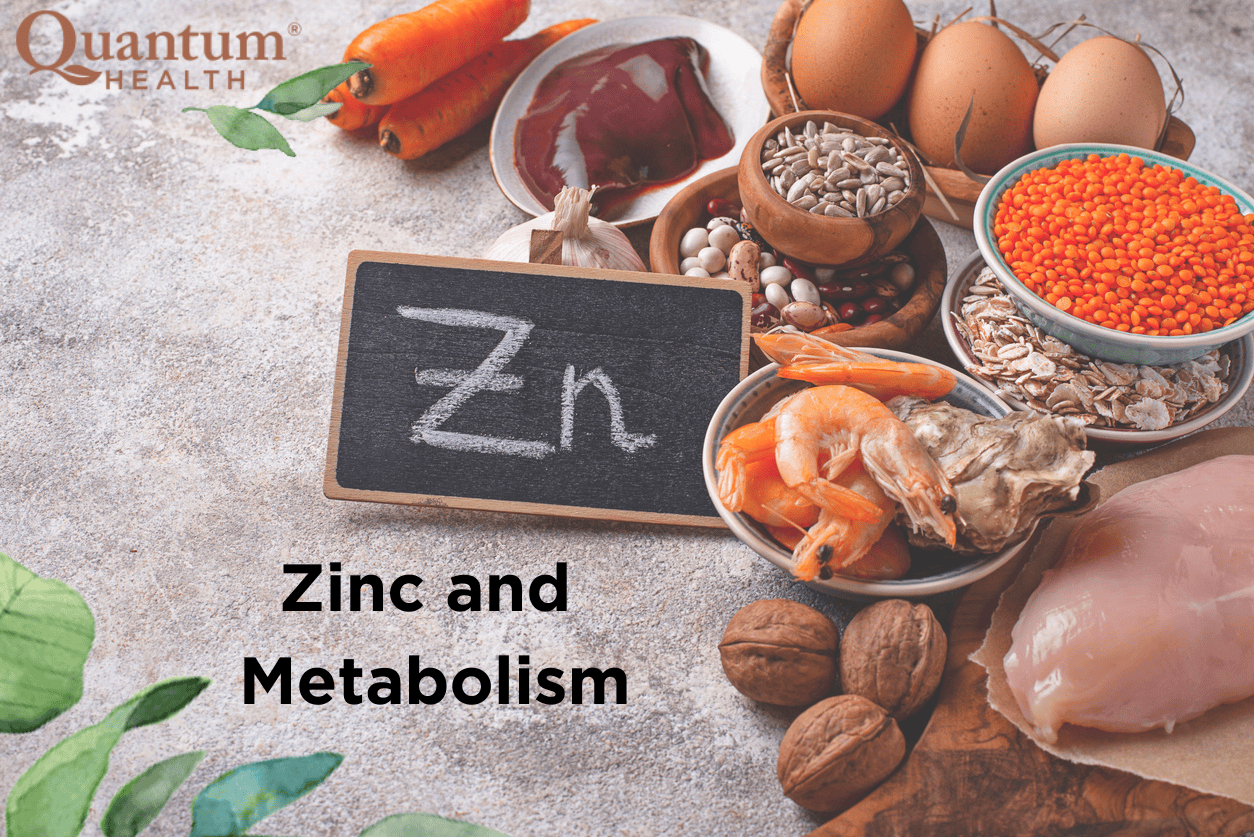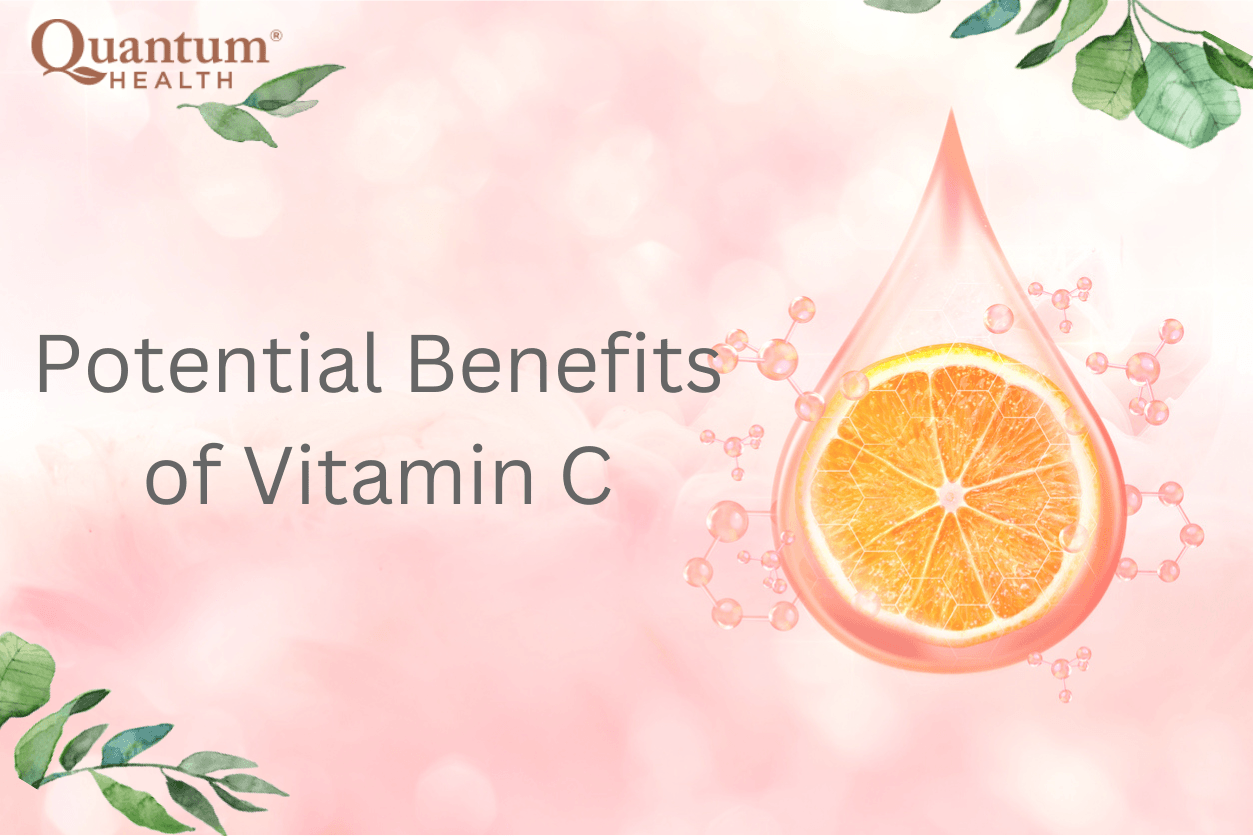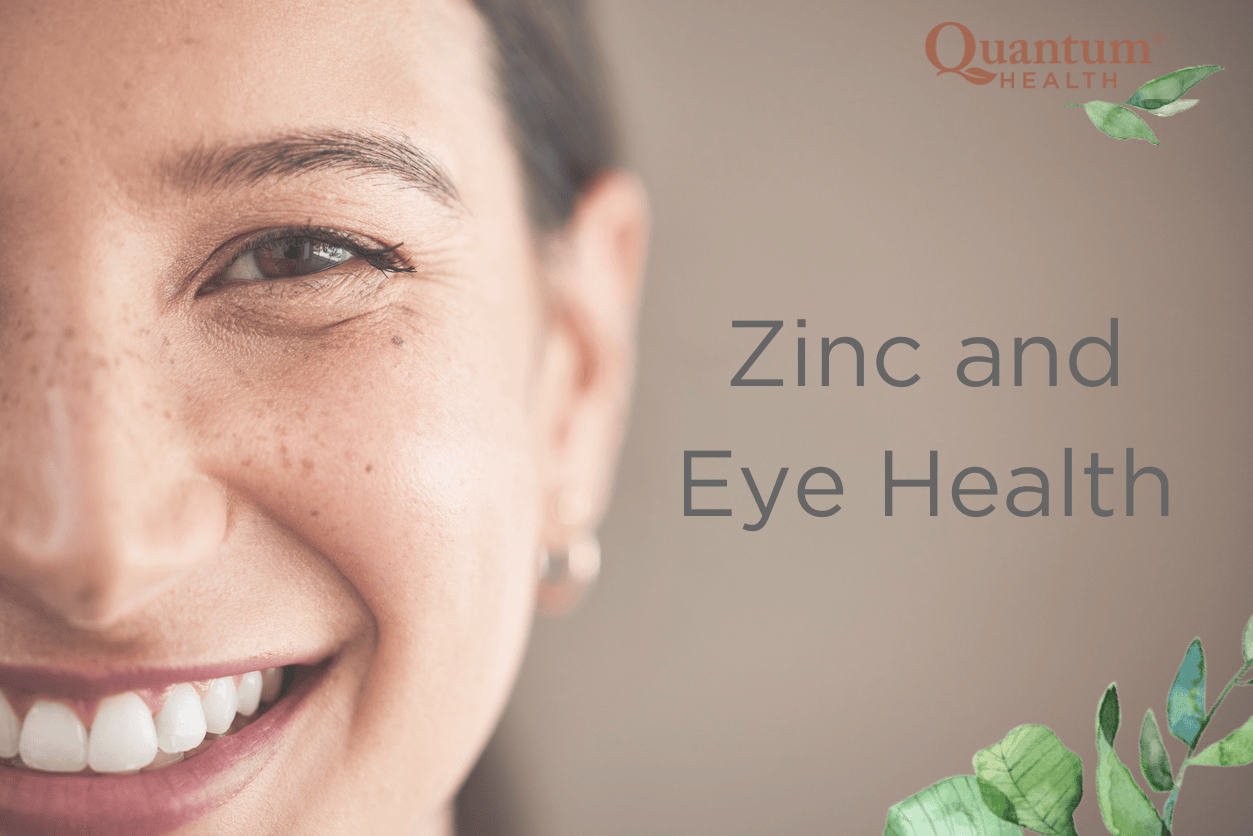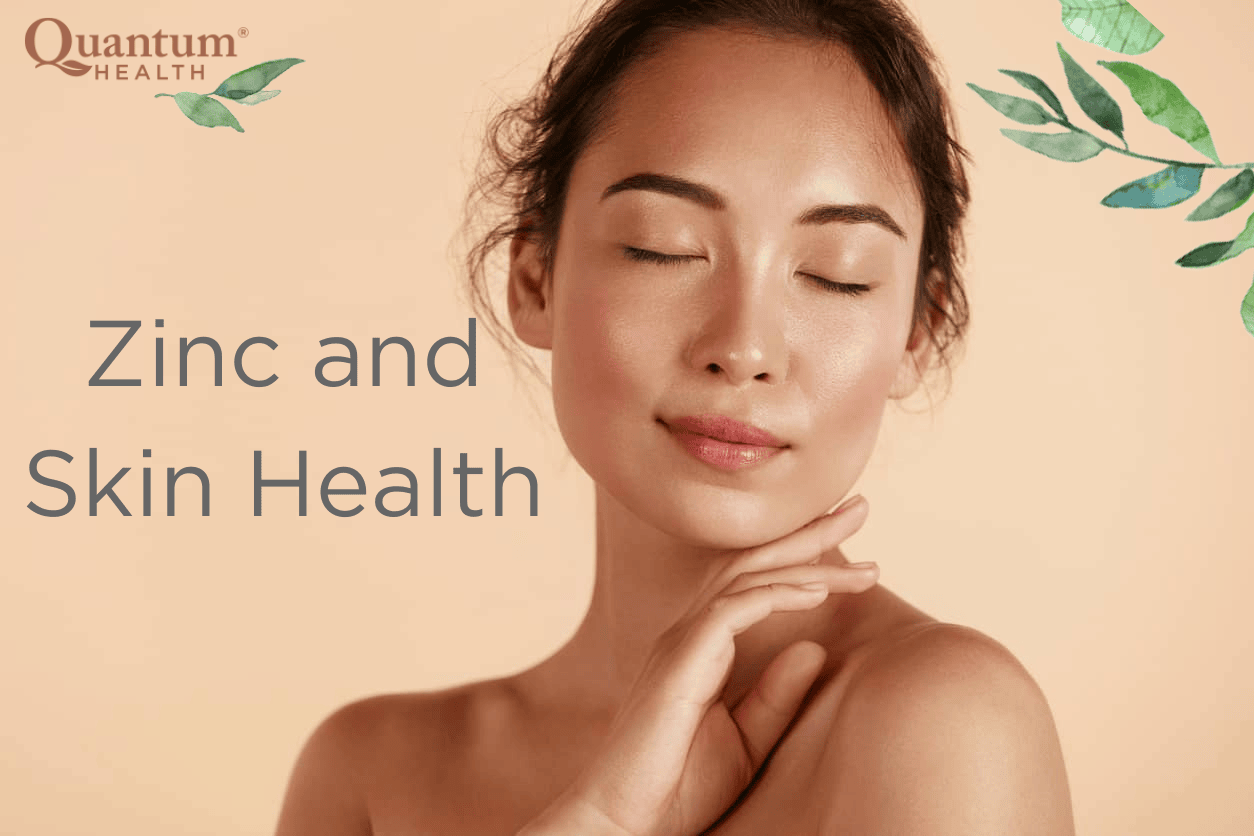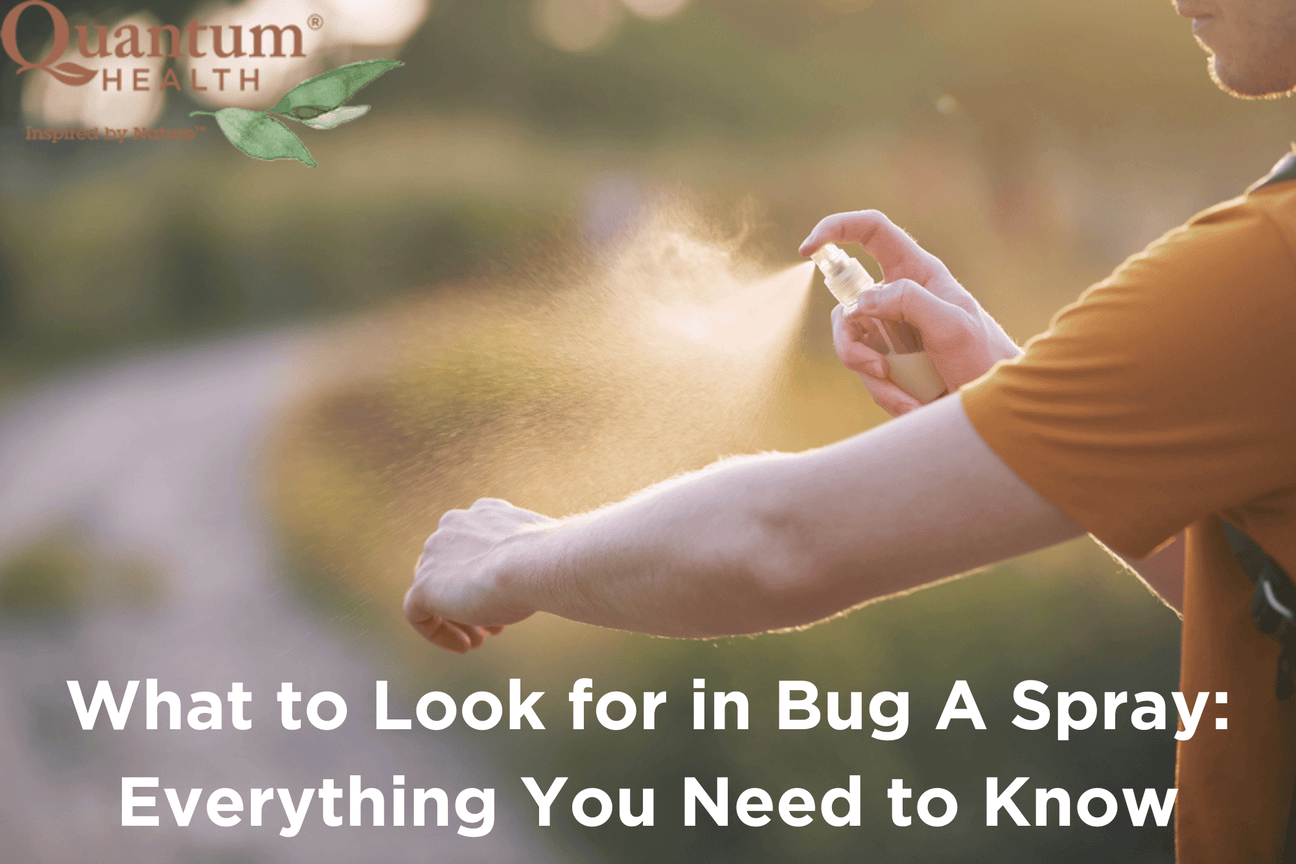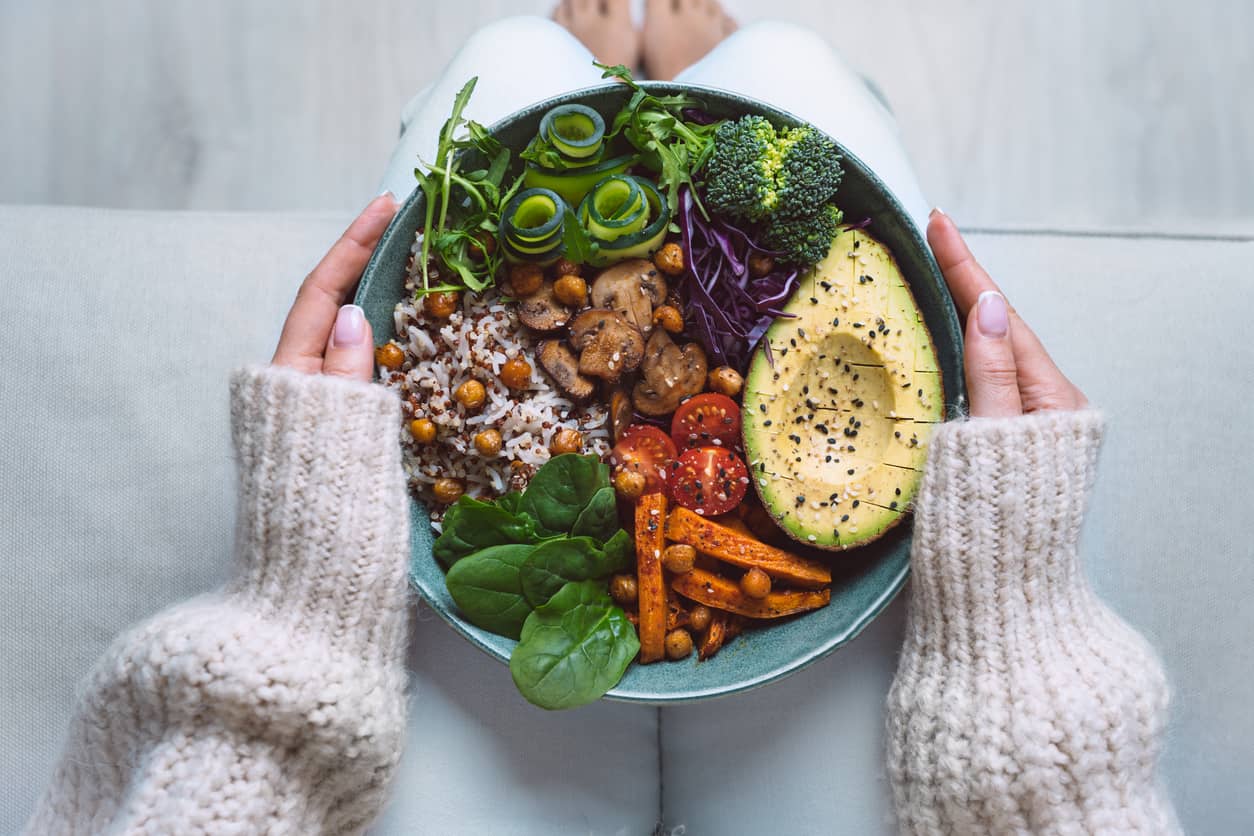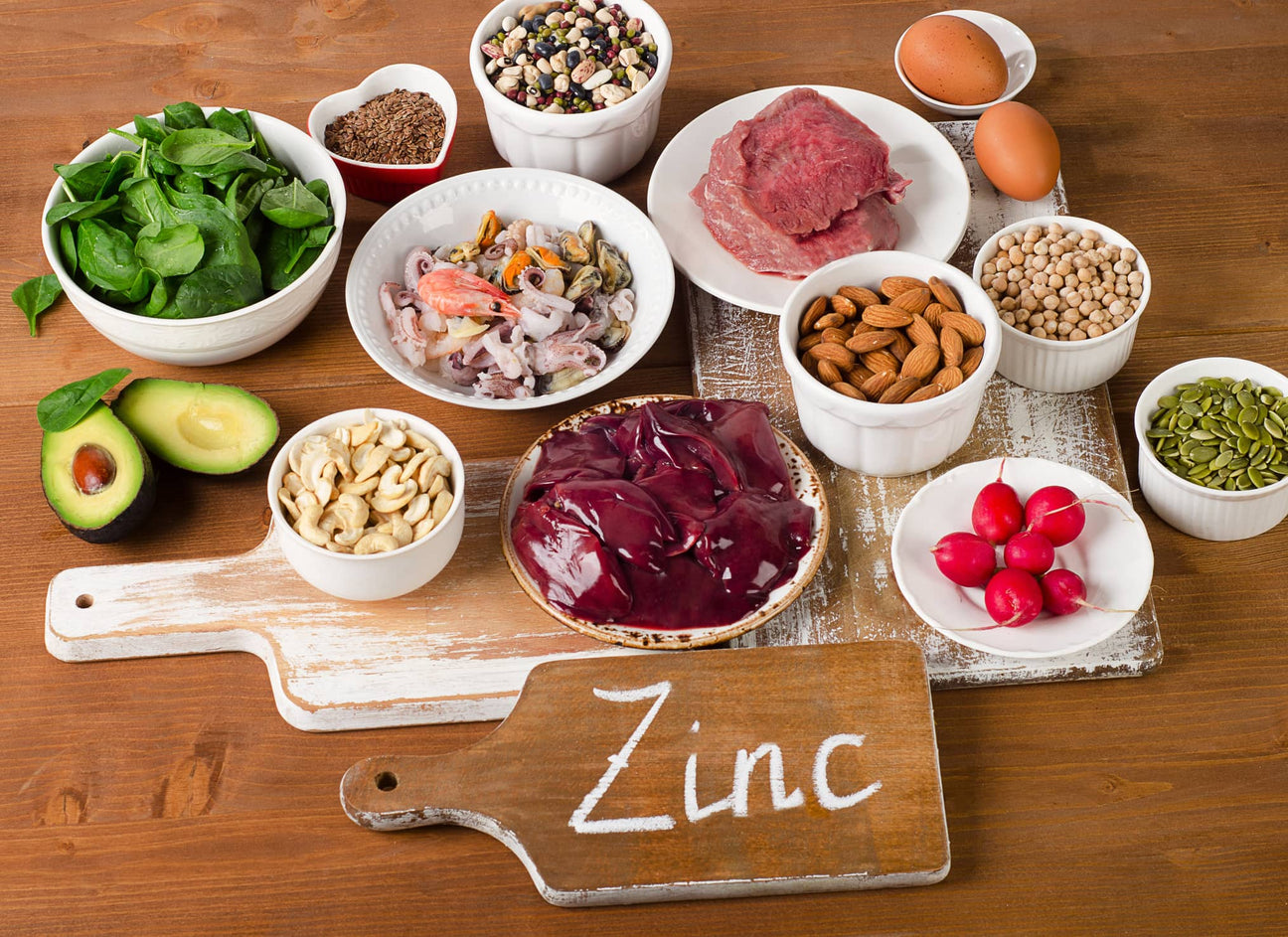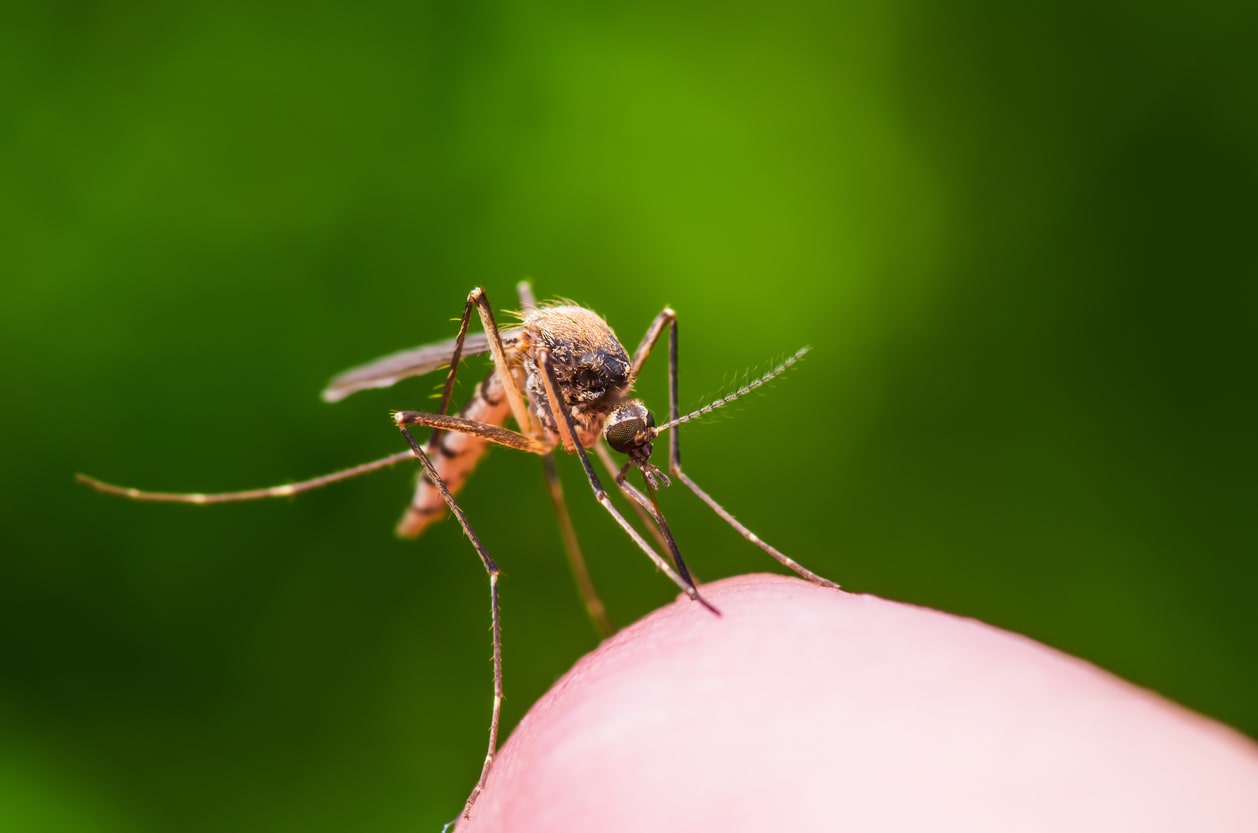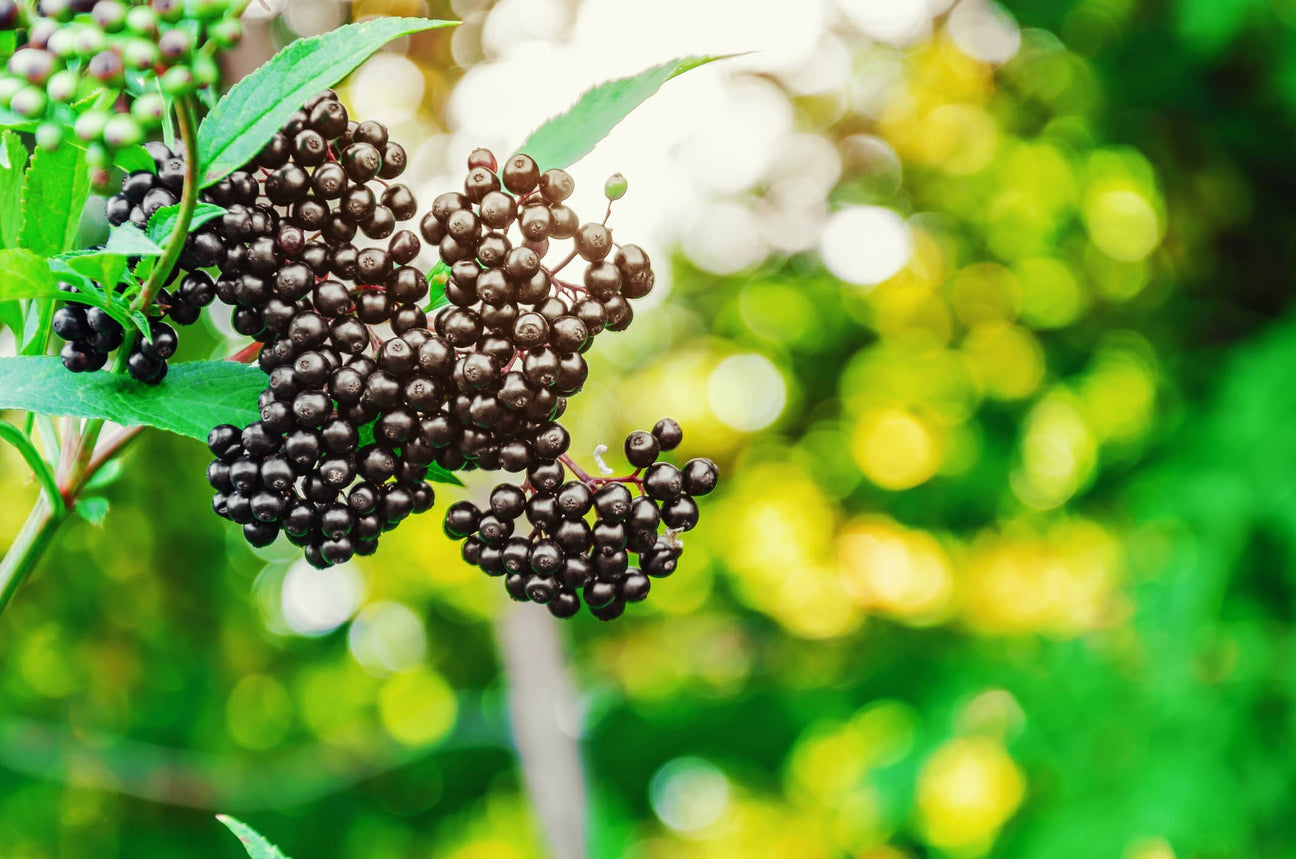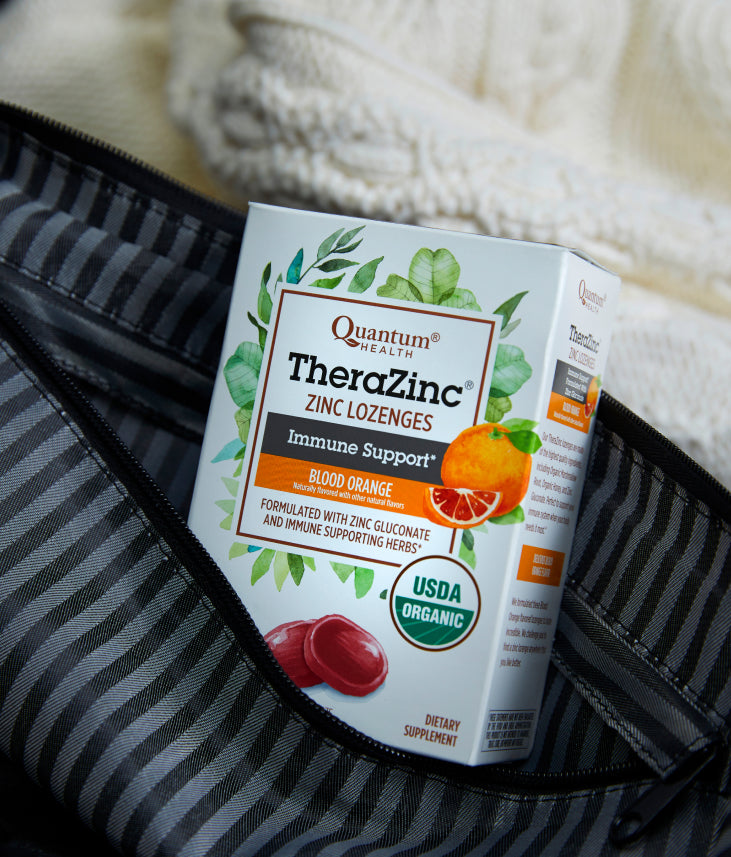The Best Ways to Increase Zinc
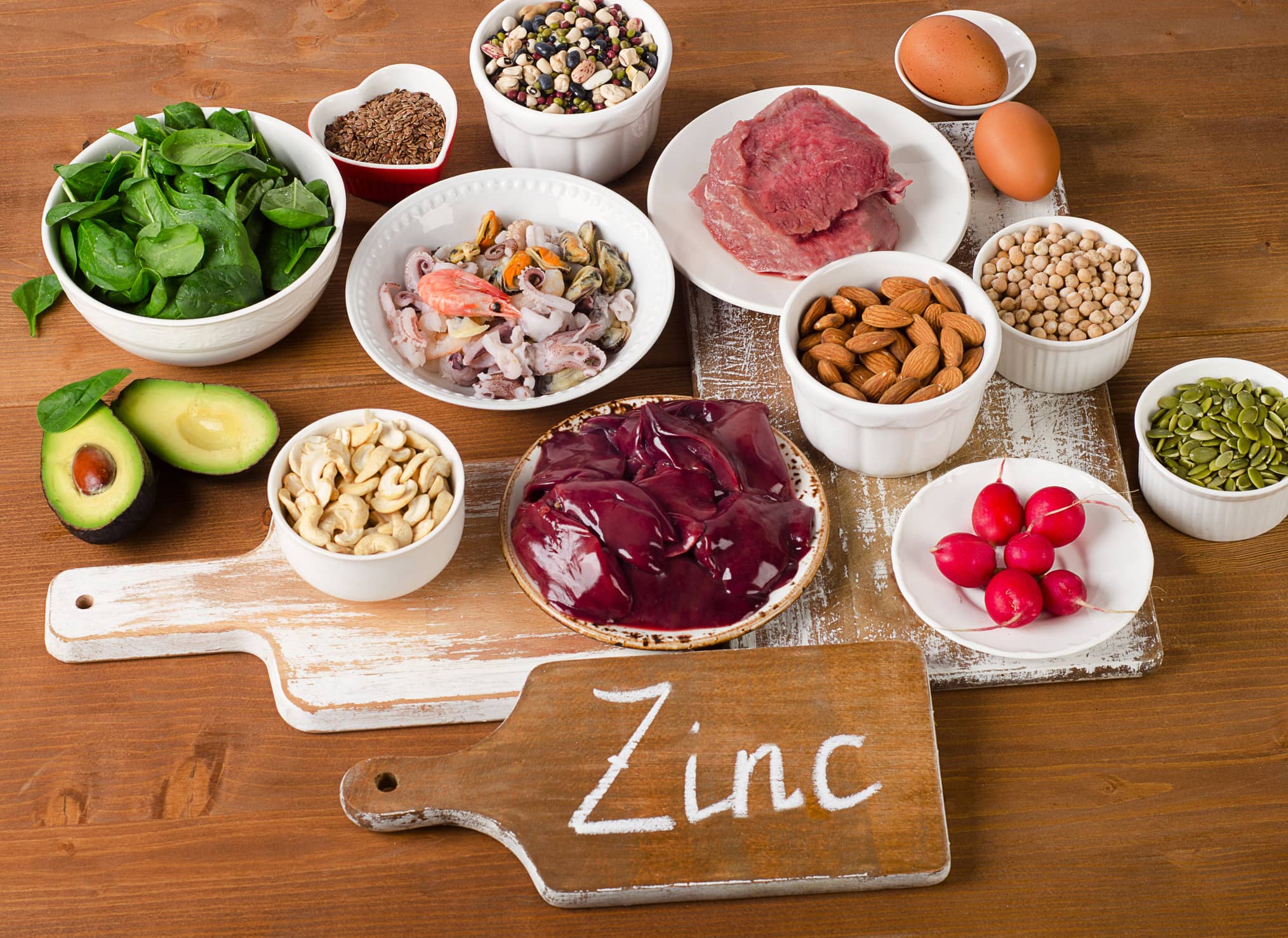
Zinc plays a crucial role in the human body, but our bodies can't produce it. Thankfully, we can still get enough Zinc content from our diet, as many plant and animal foods contain this mineral. There are also a variety of supplements available that can supply our bodies with the Zinc they need.
Here's everything you need to know about why Zinc is important, how it affects the body, and what food items you can include in your diet to ensure you’re getting enough.
How does Zinc impact us?
Zinc is a trace mineral crucial for many purposes in our bodies, and it is found in cells all throughout the body. Although it's an essential nutrient, our body can’t produce it or store it for very long.
There are well over 300 enzymes in our body that rely on Zinc to perform actively. These enzymes are fundamental for many functions, including metabolism, digestion, and nerve function. Zinc also supports skin health, immune function, cell growth, inflammation, and many other crucial processes.
Furthermore, Zinc is crucial for cell signaling. It also stimulates cell growth and division, which is key in body growth and development.
Learn More About Zinc Here!
Zinc deficiency leads to a loss of sense of taste and smell because one of the enzymes responsible for these senses depends on Zinc. Since immune cell functions heavily rely on Zinc, a deficiency can also mean a potentially weakened immune response.
Zinc is vital to help reduce inflammation and can decrease oxidative stress responsible for chronic inflammation. Its ability to help collagen synthesis, inflammatory response, and immune function makes it a proper healing element. Many hospitals use it to treat burns, skin injuries, and certain ulcers.
How do you add more Zinc to your diet?
Meat
Zinc is typically high in beef, pork, lamb, and red meat. For example, raw ground beef contains about 4.79 mg of Zinc in a 100-gm serving. However, all kinds of meat have some amount of Zinc content.
Shellfish
Another great source of Zinc is shellfish. This includes oysters, crab, shrimp, and mussels. Oysters are especially rich in Zinc – six medium size oysters can deliver about 33 mg of Zinc.
Seeds
Many seeds are rich in not only Zinc but also fiber, healthy fats, vitamins, and other minerals. Some seeds, like hemp, pumpkin, squash, and sesame seeds, are much higher in Zinc than others.
Nuts
Pine nuts, cashews, almonds, and peanuts are good sources of Zinc along with other nutrients like fiber, good fats, vitamins, and minerals.
Dairy
Zinc is present in dairy products like cheese and milk. These dairy products also contain nutrients like protein, calcium, and vitamin D.
Eggs
Moderate amounts of Zinc can be found in eggs. Eggs also contain protein, healthy fats, B vitamins, selenium, and choline.
Dark Chocolate
Dark chocolate has some Zinc, but it can’t be your daily source of Zinc because it also contains high levels of sugar and calories.
Zinc Supplements
If your daily food intake fails to fulfill your Zinc requirements, consider adding supplements to your diet and help support your body by giving it more of this essential mineral.
Share
Your share can inspire countless others.



















